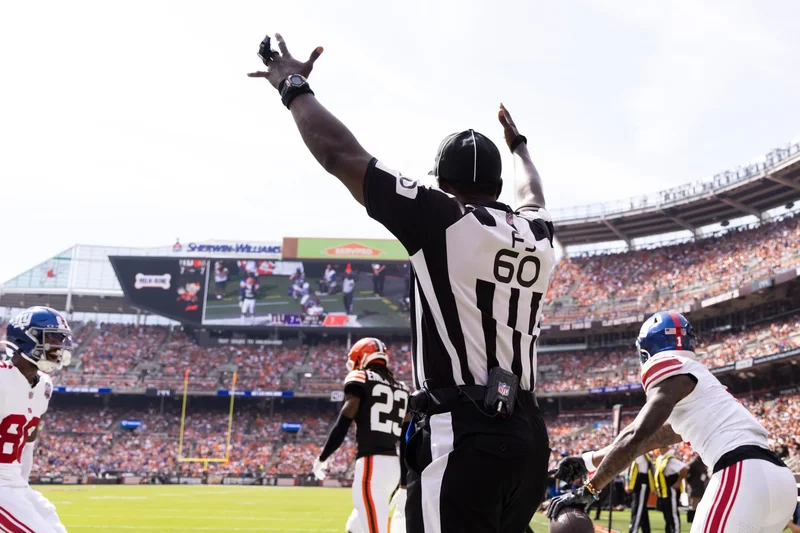Professional Vision. Smarter Crypto Decisions.
Professional Vision. Smarter Crypto Decisions.
Imagine a world where your insights, your gut feelings, your deepest understanding of… well, anything… could be translated directly into tangible value. That world isn't some far-off sci-fi dream; it's being built right now by platforms like Kalshi, Polymarket, and the soon-to-launch FanDuel prediction market. Forget passively watching the news; these platforms are handing us the keys to actively shape – and profit from – our understanding of the future.
The core idea is simple: instead of just betting on sports scores, you're betting on outcomes. Will a government shutdown happen? Will a specific phrase be uttered by a public figure? Who will be a bridesmaid at Taylor Swift's wedding? You buy "yes" or "no" contracts, and the market price reflects the collective wisdom (or folly!) of the crowd. It's like the stock market, but for everything.
What’s truly revolutionary about this? It’s not just about making money; it's about democratizing information. Traditional polls and expert opinions often lag behind the reality on the ground. Prediction markets, however, aggregate the real-time beliefs of a diverse group of people, creating a surprisingly accurate forecast. Kalshi even called the 2024 election before the major TV networks! Think about that – a platform fueled by everyday people beat the traditional media giants. It’s a paradigm shift in how we understand and anticipate the future.
As Kalshi co-founder Luana Lopes Lara said, "People can make money on what they know, actually monetize their knowledge, monetize their hobby, because everyone is an expert on something."
But here's where it gets really interesting. The potential applications extend far beyond politics and pop culture. Imagine using prediction markets to forecast supply chain disruptions, anticipate technological breakthroughs, or even guide scientific research. The possibilities are truly limitless.
Take Joel Holsinger, for example. He quit his day job to trade on Kalshi, wagering on the words of public figures. He made about $3,000 a week. Imagine turning your passion, your expertise, into a viable career. It’s not just about predicting; it's about participating in shaping the future.

Of course, this raises some eyebrows. Critics like Jonathan Cohen, author of "Losing Big," see it as the "gamblification" of American culture. He argues that it's not enough to simply like Taylor Swift anymore; now you have to gamble on her streaming numbers. And he has a point. There’s a risk that this could devolve into pure speculation, detached from any real understanding of the underlying events.
But I see it differently. Yes, there's a potential for misuse. But the core concept – harnessing the collective intelligence of the crowd to predict the future – is incredibly powerful. It’s like the printing press of the 21st century, making information and insight more accessible and democratized than ever before. The speed of this is just staggering—it means the gap between today and tomorrow is closing faster than we can even comprehend.
And let's be clear: this isn't just about making money. It's about empowering individuals to participate in a global conversation, to share their knowledge, and to contribute to a more informed and accurate understanding of the world. Wanna bet? Online prediction markets wager that you will.
But, as with any powerful technology, we need to proceed with caution. We need to ensure that these platforms are transparent, fair, and accessible to everyone. We need to guard against manipulation and ensure that the incentives are aligned with the common good. But the potential benefits are simply too great to ignore.
The rise of prediction markets is more than just a passing trend; it's a fundamental shift in how we understand and interact with the future. It's a chance to harness the collective intelligence of humanity to create a more informed, more accurate, and more equitable world. When I first saw the demo, I honestly just sat back in my chair, speechless. What this means for us is... but more importantly, what could it mean for you?